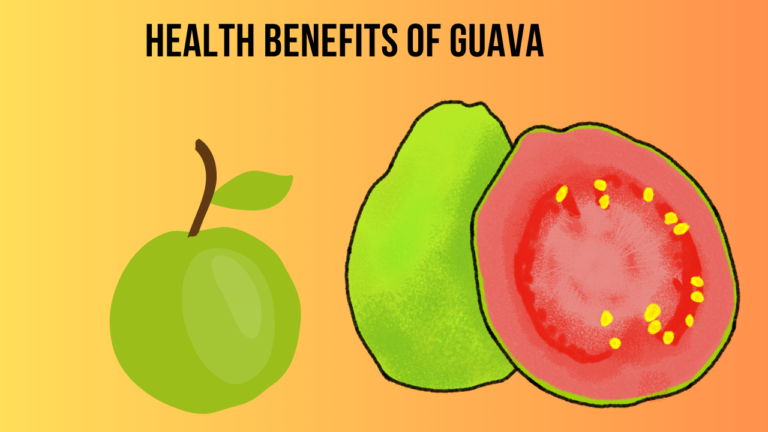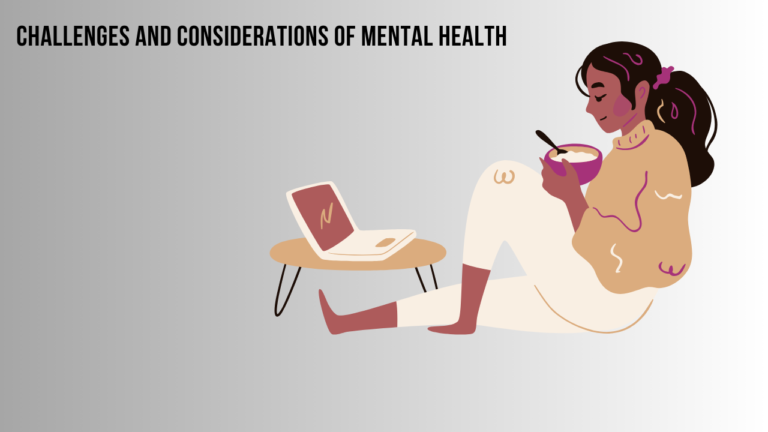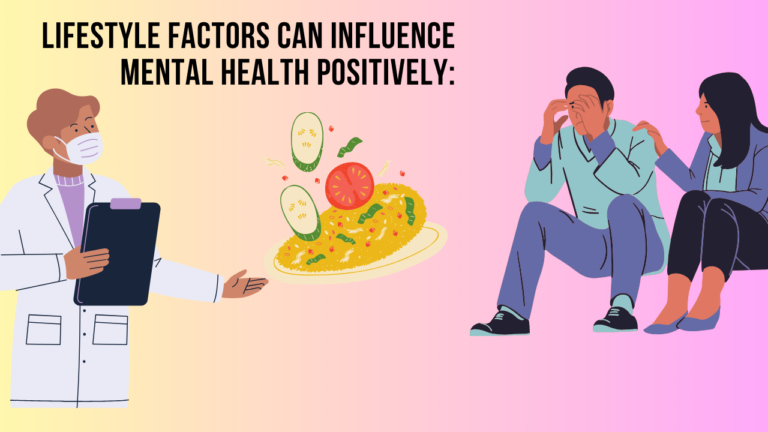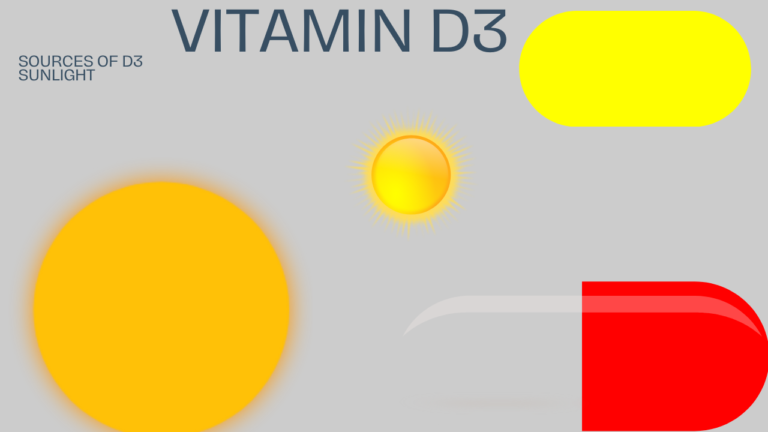Nutrition Education and Public Health
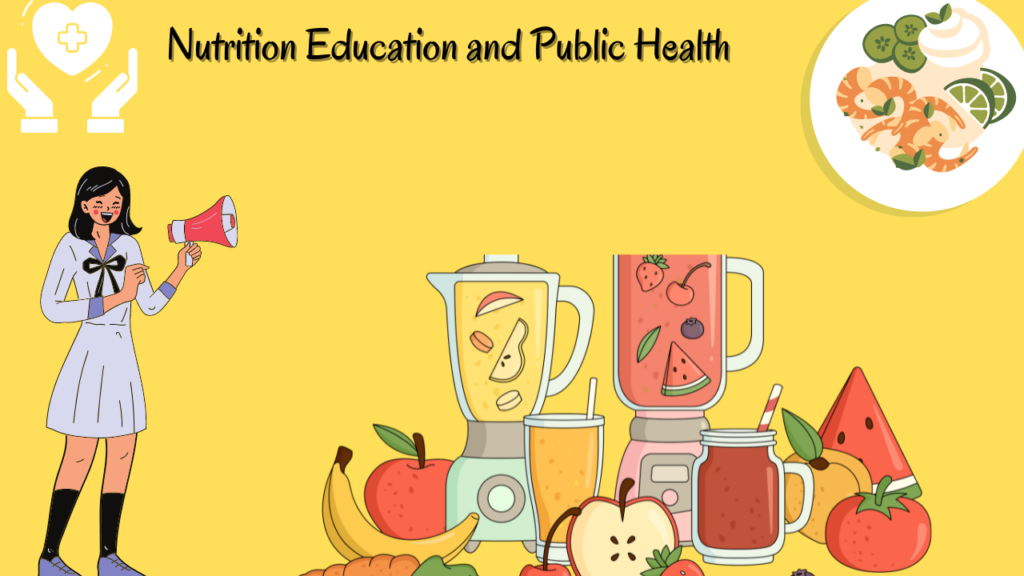
Nutrition Education and Public Health
Nutrition education plays a crucial role in public health by promoting healthy eating habits and preventing nutrition-related diseases. Here are some key points highlighting the connection between nutrition education and public health:
1. Prevention of Chronic Diseases:
.Nutrition education helps individuals make informed choices about their diet, reducing the risk of chronic diseases such as heart disease, diabetes, and obesity.
.Public health initiatives often focus on educating communities about the importance of a balanced diet, moderation in food consumption, and the impact of nutrition on overall health.
2. Health Promotion:
.Nutrition education contributes to health promotion by raising awareness about the benefits of a well-balanced diet, including the consumption of fruits, vegetables,
whole grains, and lean proteins.
.Public health campaigns encourage people to adopt healthier lifestyles and dietary patterns, fostering long-term well-being.
3. Childhood Nutrition:
.Nutrition education is critical in shaping the eating habits of children and adolescents. Schools and community programs play a key role in teaching young individuals about the importance of nutritious foods for growth and development.
.Addressing childhood nutrition can have long-term implications for preventing obesity and related health issues in adulthood.
4. Community Outreach and Engagement:
.Public health initiatives often involve community outreach programs to disseminate nutrition information.
.Workshops, seminars, and educational materials are used to engage diverse populations and address specific nutritional needs within communities.
5. Policy Advocacy:
.Nutrition education contributes to the development and advocacy of public health policies aimed at improving the overall nutritional quality of food available to the public.
.Policies may include regulations on food labeling, school lunch programs, and initiatives to reduce the consumption of unhealthy foods.
6. Addressing Health Disparities:
.Nutrition education plays a role in addressing health disparities by ensuring that individuals across different socio-economic and cultural backgrounds have access to accurate and relevant nutritional information.
.Tailoring education programs to the specific needs of diverse communities helps bridge gaps in health outcomes.
7. Lifestyle Modification:
.Nutrition education empowers individuals to make lifestyle modifications, leading to better dietary choices and improved health outcomes.
.It is often integrated into broader health and wellness programs that encourage physical activity and overall healthy living.
8. Public Awareness:
.Nutrition education campaigns raise public awareness about the links between diet and various health conditions, fostering a greater understanding of the importance of good nutrition.
In conclusion, nutrition education is a key component of public health strategies, contributing to the prevention of diseases, health promotion, and the overall well-being of communities. It empowers individuals to make informed choices, leading to healthier lifestyles and improved health outcomes on a population level.

